Mosquitoes
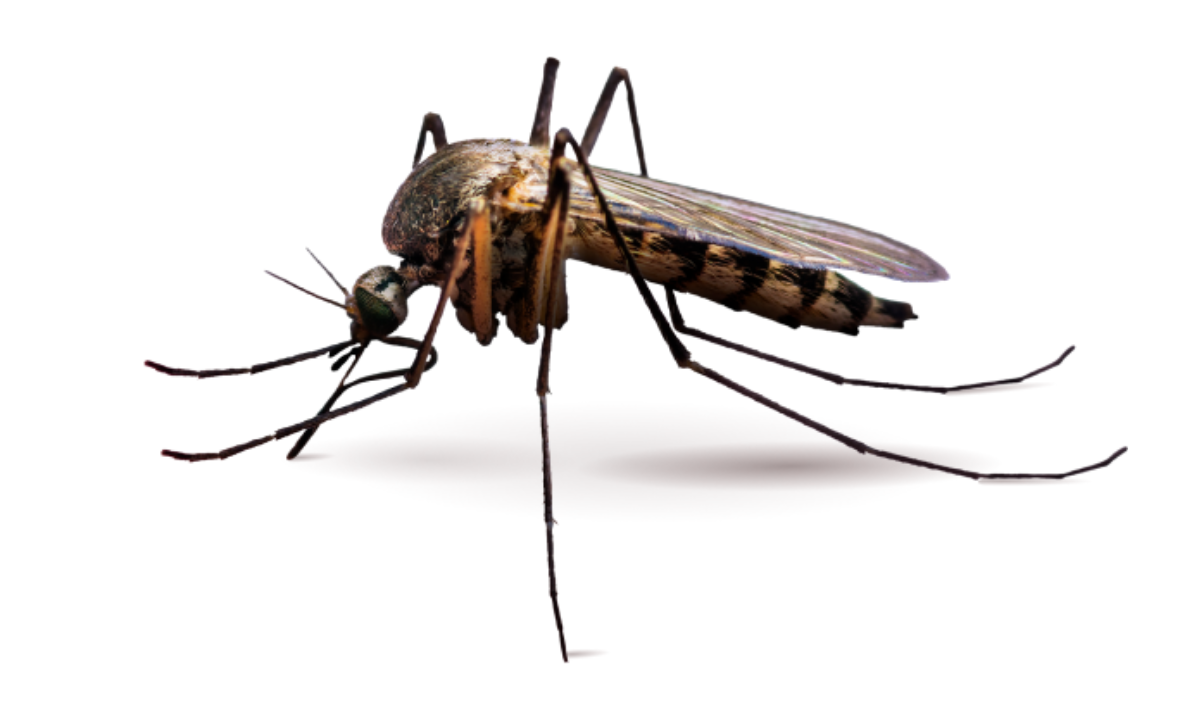
Mosquitoes in Massachusetts
Warm evenings on Cape Cod should be spent enjoying the breeze, not swatting at mosquitoes. Unfortunately, these pests thrive in Massachusetts during the spring and summer, turning backyards into uncomfortable, and sometimes dangerous, places.
Mosquitoes are more than a nuisance. Their itchy bites can ruin outdoor gatherings, and in recent years, they’ve become a growing public health concern. Some species found in Massachusetts are capable of transmitting diseases like West Nile virus and Eastern Equine Encephalitis (EEE). While not every mosquito carries disease, the risk is enough to make prevention a top priority for families.
Understanding Mosquito Behavior
Mosquitoes breed in standing water, where their eggs develop into larvae and then adults. Even the smallest puddles, bird baths, clogged gutters, or flowerpot saucers, can serve as breeding grounds. Massachusetts’ humid summers and frequent coastal rains create the perfect conditions for mosquito populations to explode.
Only female mosquitoes bite, as they require blood to produce eggs. They are most active during dawn and dusk, although some species bite throughout the day in shaded areas.
Common Mosquito Species in Massachusetts
The three species homeowners are most likely to encounter are:
Culex Mosquitoes: Common backyard pests and primary vectors of West Nile virus.
Aedes Mosquitoes: Aggressive daytime biters; known for their painful bites.
Anopheles Mosquitoes: Less common, but capable of transmitting certain diseases.
Each species has slightly different habits, but all require standing water to reproduce—making water management essential to control.
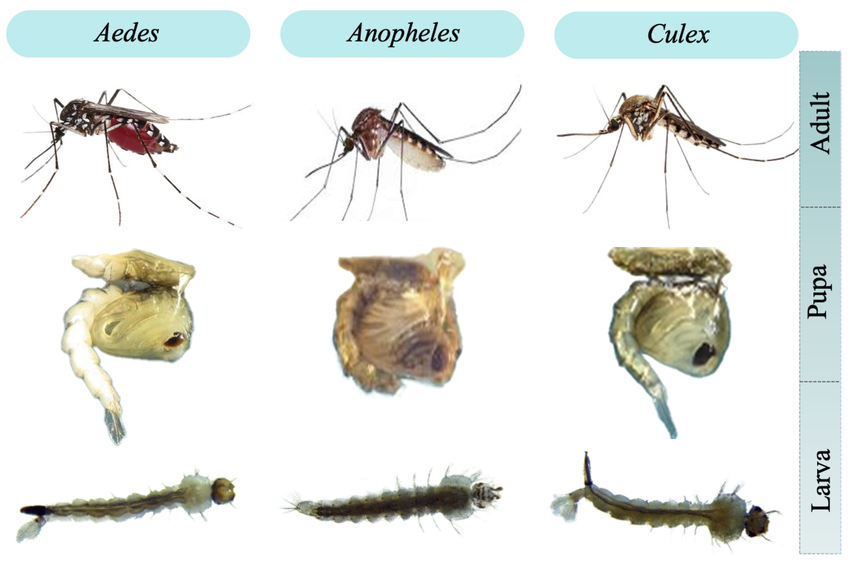
Health Risks Associated with Mosquitoes
While most mosquito bites result in nothing more than itching and irritation, some carry diseases that have serious consequences.
West Nile Virus (WNV): Reported annually in Massachusetts, it can cause fever and, in severe cases, neurological complications.
Eastern Equine Encephalitis (EEE): Rare but potentially fatal; Massachusetts is one of the few states where EEE outbreaks occur.
Heartworm in Pets: Mosquitoes can also transmit heartworm to dogs, making pet protection essential.
Because mosquitoes breed so quickly, controlling them isn’t just about comfort—it’s about safeguarding your family’s health.
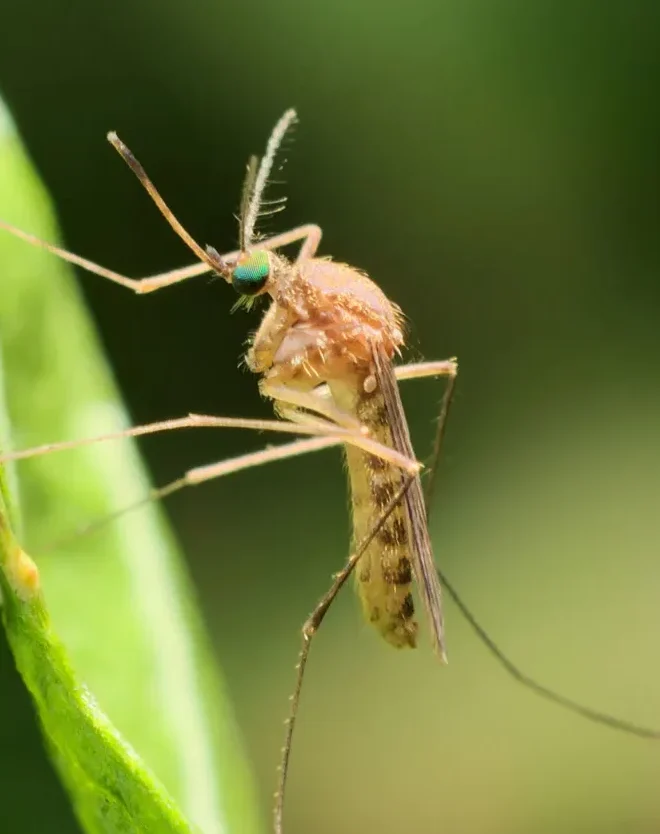
Why Are Mosquitoes a Problem on Cape Cod?
Massachusetts homes, particularly those in coastal areas like Barnstable and Falmouth, are vulnerable because of the abundance of moisture and wooded surroundings. Carpenter ants are drawn to water-damaged wood, which is common in older homes or in areas where humidity levels remain high. Once inside, they can move quickly between exterior and interior nests, making control more complex than with other ant species.
Their activity tends to spike in late spring and summer, but indoor colonies can stay active throughout winter, continuing to expand and cause damage unseen.
How to Reduce Mosquito Populations Around Your Home
Reducing mosquito activity starts with eliminating their breeding grounds. Homeowners should:
Dump out standing water from buckets, toys, bird baths, and plant saucers.
Clean gutters regularly to prevent water buildup.
Keep grass and shrubs trimmed to minimize resting sites.
Use screens on windows and doors to keep mosquitoes out of the home.
Wear repellents and light-colored clothing when spending time outdoors.
These steps help, but they rarely solve the problem entirely, especially in high mosquito areas.
Why DIY Mosquito Control Often Falls Short
Many people rely on candles, sprays, or DIY foggers to keep mosquitoes at bay. While these can offer short-term relief, they don’t address the source: breeding sites and population hotspots around your property.
Mosquitoes reproduce rapidly, and without targeted treatment, they return as soon as conditions are favorable.
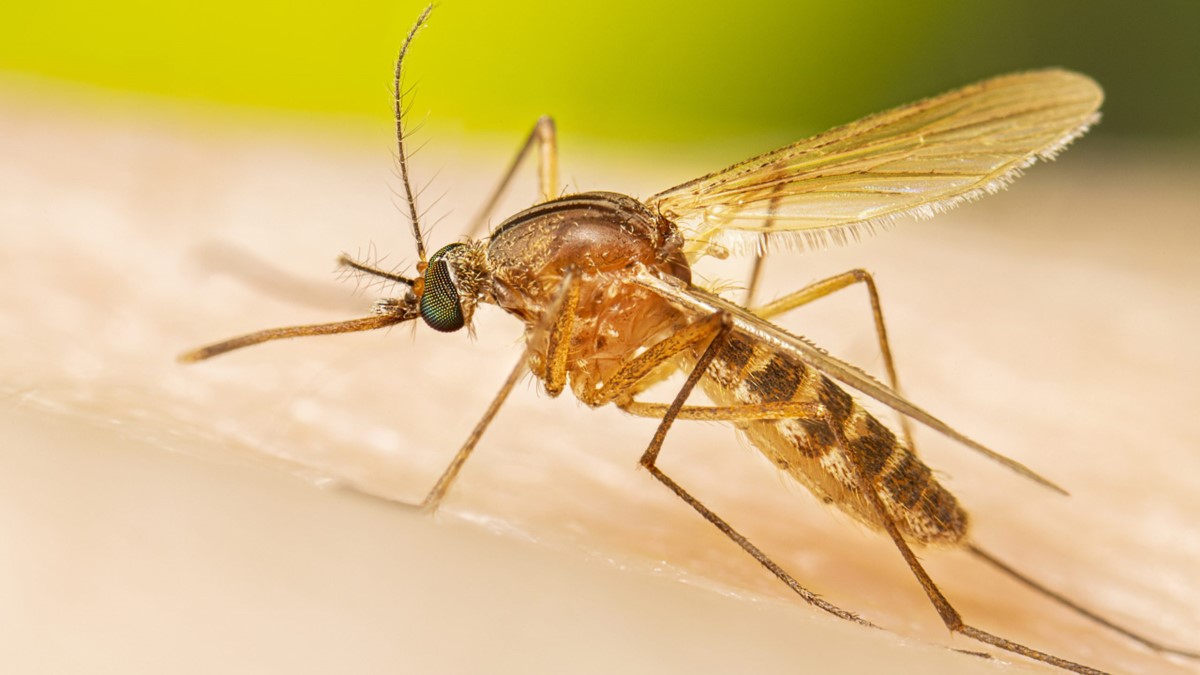
ServPest’s Professional Mosquito Control
ServPest offers seasonal mosquito control programs tailored to Massachusetts homes. Our technicians use treatments that target mosquito breeding areas and adult resting sites, drastically reducing populations around your yard. Unlike temporary solutions, our approach creates a protective barrier that lasts, giving you peace of mind during mosquito season.
We combine our treatments with guidance on reducing breeding sites, ensuring that your property stays enjoyable all summer long.
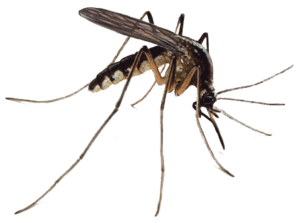
FAQs About Mosquitoes
Mosquitoes become active in late spring and remain a problem through early fall, with peak activity in midsummer.
No, but because some do, it’s important to minimize bites and reduce mosquito populations around your home.
Yes. ServPest uses treatments designed to be safe for people, pets, and the environment while effectively controlling mosquitoes.
Seasonal treatments, typically every 3–4 weeks during peak season, keep mosquito populations consistently low.
Our local expertise and targeted approach eliminate mosquitoes at their source, providing long-term protection beyond what DIY solutions can offer.
Your Defense Against Mosquitoes
Barnstable County, MA
Plymouth County, MA
Mon - Fri 7:00 am - 7:00 pm
Sat 8:00 am - 3:00 pm
Sun: Closed
Operation Hours: Mon-Sat: 7am - 7pm
Office: (508) 815-4842
Alternate: (508) 815-3114
info@servpest.com

